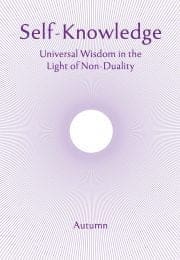Al-Ghazali’s Search for Certainty: The Way of the Sufis
Mysticism in Islam is widely known as Sufism or Tasawwuf. What is Tasawwuf? Is it a departure from orthodox Islam, or central to the Islamic faith? Most important, what are the practices through which one may seek truth for oneself?
One of the most influential of all teachers on these questions has been Abu Hamid Muhammad al-Ghazali, who lived from 1058 to 1111 CE. As a scholar, jurist and philosopher he worked at the court in Isfahan, in modern Iran, of the Seljuk Sultans, the dominant power in the region at the time, and as head of the Madrasa, or sacred college, at Baghdad, then the seat of the Caliphs, who were nominally still the religious leaders of the Muslim world, although they were no longer politically powerful.
Among Ghazali’s many writings is a philosophical treatise, known in English translation as the Incoherence of the Philosophers, which uses Aristotelian logic to argue that Aristotelian logic does not challenge the fundamental teachings of Islam. Later he produced The Revival of the Religious Sciences, an immense compendium in four parts and forty books, on all aspects of Islam in principle and practice. In it he addresses the issues that had arisen in the five centuries following the death of the Prophet Muhammad, during which Islam had spread from Arabia, where it had first united the tribes under an ardent monotheism and a single leadership, to a vast region including the former Persian and Eastern Roman empires with all their diverse cultures and wealth. Ghazali’s Revival established how Islam was to form the basis of personal and social life in these circumstances. One of its conclusions was that conventional Islamic teachings lead into Tasawwuf, and that the foundations of Tasawwuf are conventional Islam. These views on philosophy, theology and mysticism have characterised the Islamic world to the present day.
Subscribe or enrol for free guest access to read all of this article and Self-Knowledge online.


